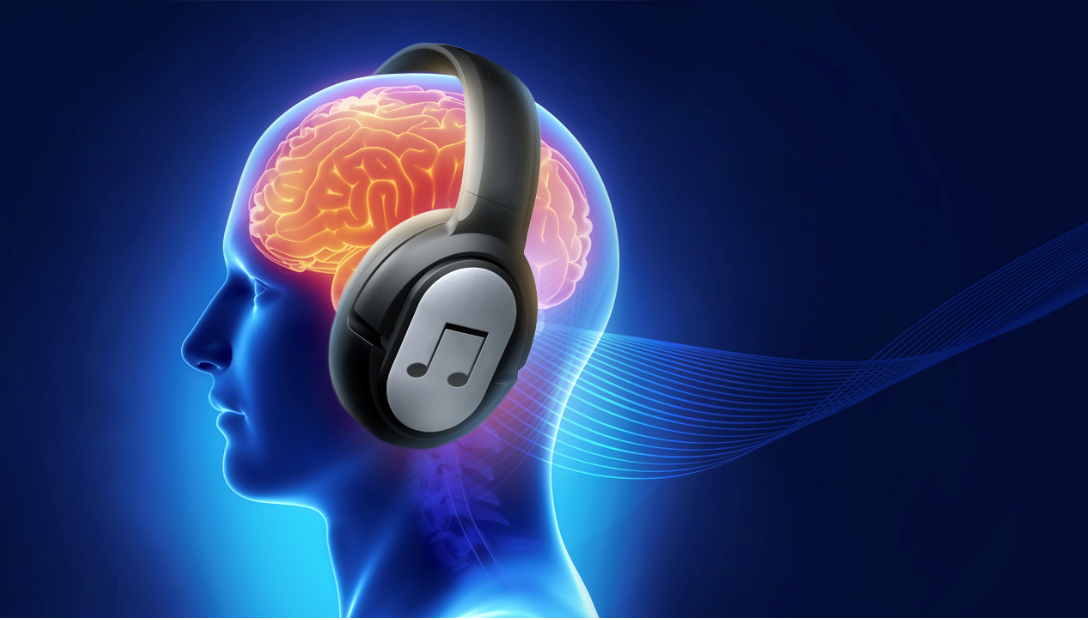
How Music Lessons Improve IQ
What Does the Research Say About Music and IQ?
- Learning Music Enhances Cognitive Abilities
A landmark study published in Psychological Science found that children who took music lessons for just one year showed higher IQ scores than those who didn’t. Researchers credited this boost to the combination of auditory, physical, and cognitive demands that music training requires. - Neuroplasticity and Brain Growth
Learning an instrument stimulates neuroplasticity—the brain’s ability to form new neural connections. This rewiring strengthens areas of the brain responsible for memory, attention, and motor skills. Studies using MRI scans revealed that musicians have more gray matter in regions linked to these functions compared to non-musicians. - Improved Executive Function
Executive function refers to skills like planning, focusing, and multitasking. A 2020 study published in Frontiers in Psychology found that musicians scored higher in executive function tests than non-musicians, attributing this to the mental discipline required to learn and perform music. - Boost in Academic Performance
A study by the Journal of Educational Psychology showed that children involved in music education scored higher in math, reading, and language tests. This aligns with the cognitive benefits of playing an instrument, as it requires interpreting symbols, patterns, and rhythms.
How Playing an Instrument Impacts Different Age Groups
For Children
- Memory and Learning: Learning an instrument strengthens memory pathways, enhancing both short- and long-term memory.
- Focus and Discipline: Regular practice teaches discipline and goal-setting, skills that transfer to academic performance.
For Adults
- Mental Agility: Playing an instrument can help delay cognitive decline and improve problem-solving abilities.
- Stress Reduction: Music activates the brain’s reward centers, reducing stress and enhancing emotional well-being.
For Seniors
- Brain Health: Research by the American Psychological Association found that seniors who took up music showed slowed cognitive aging and improved verbal fluency.
- Enhanced Mood: Playing music releases dopamine, boosting happiness and reducing feelings of isolation.
Why Playing an Instrument is a Brain Workout
- Activates Multiple Brain Regions:
Playing an instrument simultaneously engages auditory, motor, and visual areas of the brain, providing a comprehensive cognitive workout. - Enhances Neural Pathways:
Music training strengthens the connection between the left and right hemispheres of the brain, fostering creativity and analytical thinking. - Improves Emotional Intelligence:
Interpreting music requires understanding emotions and expressions, improving empathy and emotional awareness.
Top Instruments to Play for Cognitive Benefits
- Piano: Improves hand-eye coordination and multitasking skills.
- Violin: Enhances fine motor skills and auditory precision.
- Guitar: Boosts creativity and emotional expression.
- Drums: Strengthens rhythm and time management.
Conclusion
Playing an instrument isn’t just about creating beautiful music; it’s a powerful tool for cognitive development and boosting IQ. Whether you’re a parent considering piano lessons for your child or an adult exploring a new hobby, learning an instrument can significantly enhance your mental capabilities.
Interested in starting your musical journey? Contact us today to learn more about our classes and how music can transform your brain!




